Rahul Gandhi has once again gone abroad to indulge in his favourite exercise. Uttering a string of falsehoods, painting a sorry image of India, playing up China’s strengths, ridiculing Hindu culture, customs, and beliefs, exposing his visceral hatred of prime minister Narendra Modi, vilifying the BJP, demonizing the RSS, and venting his domestic political frustrations before a calibrated group of foreign audience. His aim is to seek legitimacy for his polarizing views and post-truth politics that have been repeatedly rejected by the Indian electorate. Apart from this, Rahul’s playbook also includes mobilizing the Indian diaspora to challenge Modi’s dominance over overseas Indians. Rahul’s latest sojourn to the United States, for instance, involves addressing an audience of diasporic Indians at New York’s Madison Square Garden on June 4, a few weeks ahead of Modi’s state visit to Washington DC when the prime minister may attend a similar event. Though it might seem that both Modi and the Gandhi scion are competing over politically engaging the Indian diaspora in Anglosphere, there are important differences between their approaches. Modi’s diasporic addresses focus on India’s achievements under his leadership, and he frequently provides granular details of welfarism or economic progress while painting the vision of a strong, rising India that has become the voice of Global South while being a part of the solution in world’s intractable problems. In contrast, Rahul’s bandwidth is narrower and more partisan. His trips are manicured to project the image of an ‘embattled, misunderstood, beleaguered politician fighting to restore in India democratic norms’ that are, according to his narrative, ‘under threat from Modi-led BJP’. Rahul’s engagements are therefore marked by vitriolic outbursts against Modi and withering denigration of India under Modi, and in his penchant for criticizing the prime minister — whom he tries to portray as an authoritarian pantomime — the Congress leader frequently ends up casting aspersions on India’s democratic institutions and even blaming Indian voters for their political choices. For instance, in conversation with Chatham House, a London-based think tank, in March, the Congress leader alleged that the RSS has “captured” all Indian institutions, including the “press, judiciary, Parliament, and Election Commission” that are “all under threat and are controlled in one way or the other.” Unless Rahul is blaming the Indian public for sending into the Parliament lawmakers who believe in RSS ideology, it is hard to understand the basis for his baseless allegations. Rahul has suffered the ignominy of leading Congress to two of its most bruising, humiliating, and comprehensive defeats at the Centre in 2014 and 2019. Its ideological defeat at the hands of BJP has left Congress vacating the central space in political discourse and oscillating between minorityism, populism, soft-separatism and soft Hindutva politics. Under Rahul, Congress’s footprint has faded across the national stage. He has been forced to relinquish his family seat at Amethi after being beaten by the BJP and had to get elected from a ‘safe seat’ at Wayanad. Yet he is no longer and MP, after getting convicted and disqualified as a lawmaker. Unable to tackle a much more skilful politician in Modi, his party’s and personal travails have created such resentment, bitterness and cynicism in the Gandhi dynast that he seems to have embarked on an insidious route to try and get a shot at power. And that route includes frequent journeys abroad where among less challenging circumstances than at home, and sometimes before a curated, sympathetic audience — especially the western media, think tank and university circuit that suffers from an intrinsic distrust of Modi and India under BJP — Rahul calls for foreign powers to intervene in domestic politics () or gives full play to fissiparous narratives that take aim at India’s fault lines. While speaking at an event in California on Tuesday, responding to a question from a member of the ‘Bay Area Muslim community’, Rahul reportedly said “the way you (Muslims) are feeling attacked, I can guarantee Sikhs, Christians, Dalits, tribals are feeling the same. What is happening to Muslims in India today, happened to Dalits in the 1980s,” in effect implicating the Congress governments at Centre led by Indira Gandhi and Rajiv Gandhi during that time. During his talk at an event in Cambridge University in March this year, Rahul claimed that Muslims, Christians and Sikhs are “second-class citizens” in Modi’s India. This might seem irresponsible politics, but the aim is more sinister. Sitting in foreign shores, Rahul is trying to set fire in India along communal fault lines so that the polarization creates a condition conducive for Congress to claw back to power by weakening BJP’s centripetal hold. This is a politician who is threatening to burn down the house if he can’t get access to power. Little wonder that he is trying to create these devious narratives from liberal power centres in the West where Modi is caricatured as a “fascist demagogue from the Hindu right leading an electoral autocracy.” Although voters in India have repeatedly rejected him as a leader, Rahul gets to not only replenish his brand as the “firefighter”, “a beacon of hope,” and an ally of the West, but also guaranteed space in western discourse on India that furthers his dubious narratives in a relationship of symbiosis. This seems to be the key motive behind the latest trip to the US. The timing suggests Rahul’s purpose is to ambush Indian prime minister’s maiden state visit to the US with wild allegations, half-truths and plain lies that he hopes will not only be well received in the American think tank and academic circuit but also boost the activism of anti-Modi diasporic groups in the West. But true to his form, despite being coached by family faithful ‘Uncle Sam’ in navigating the discourse overseas, Rahul cannot but utter comments that reveal his mindset. At a media event in Washington DC on Thursday, Rahul called the Indian Union Muslim League (IUML), the outfit with which Congress has an alliance in in Kerala, “a completely secular party”, adding, “there is nothing non-secular about the Muslim League.” Incidentally, the IUML was founded in 1948 in erstwhile Madras from the residue of Muhammad Ali Jinnah’s All India Muslim League which had led the movement for Pakistan and the subsequent Partition of India. The AIMIL, post Partition, was disbanded and succeeded by Muslim League in Pakistan and All Pakistan Awami Muslim League in Bangladesh, while in India, its residue became the Indian Union Muslim League under Mohammed Ismail. To call the descendant of Jinnah’s Muslim League that had dismembered India on religious lines “a secular party” is not just a travesty, but an alarming narrative. Similarly, Rahul seemed to be defending an Indian “journalist” — on the payroll of an American outlet — who has been arrested by the CBI in an espionage case under the Official Secrets Act for the illegal collection of sensitive information about the Defence Research Development Organisation (DRDO) and information related to national security and sharing them with foreign intelligence agencies. Rahul called the arrest of the alleged spy Vivek Raghuvanshi, “an assault on press freedom”. The Gandhi scion ought to remember that attacking the sovereignty and integrity of India from abroad may earn him a few western pats on the back, but it may further alienate him from Indians, whose votes he ultimately has to seek to come to power. Read all the Latest News, Trending News, Cricket News, Bollywood News, India News and Entertainment News here. Follow us on Facebook, Twitter and Instagram.
Calling Muslim League ‘secular’, defending a ‘journalist’ arrested for leaking national secrets to foreign agencies may not endear him to countrymen
Advertisement
End of Article


)
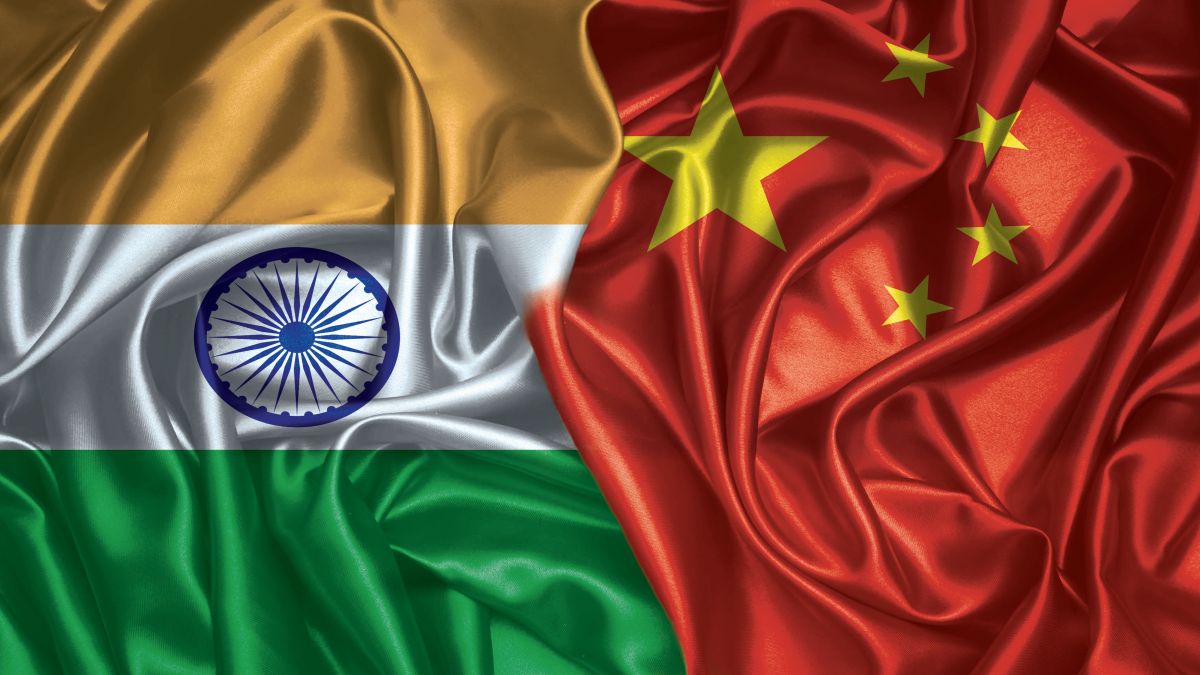
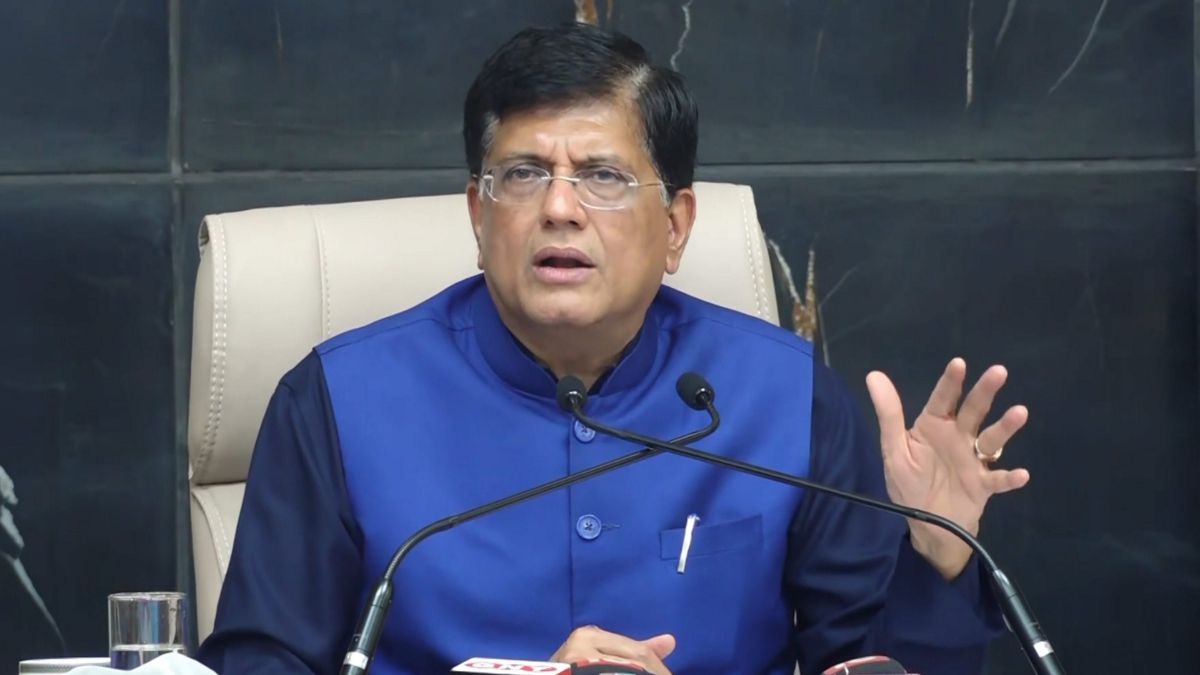)
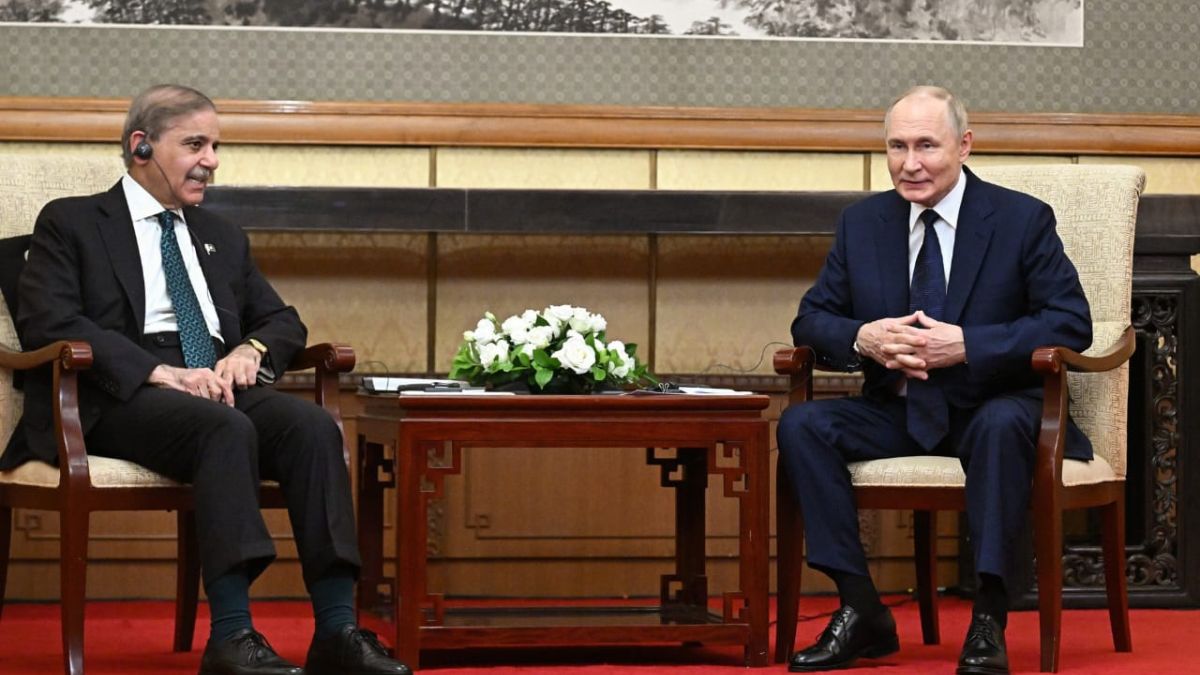)
)
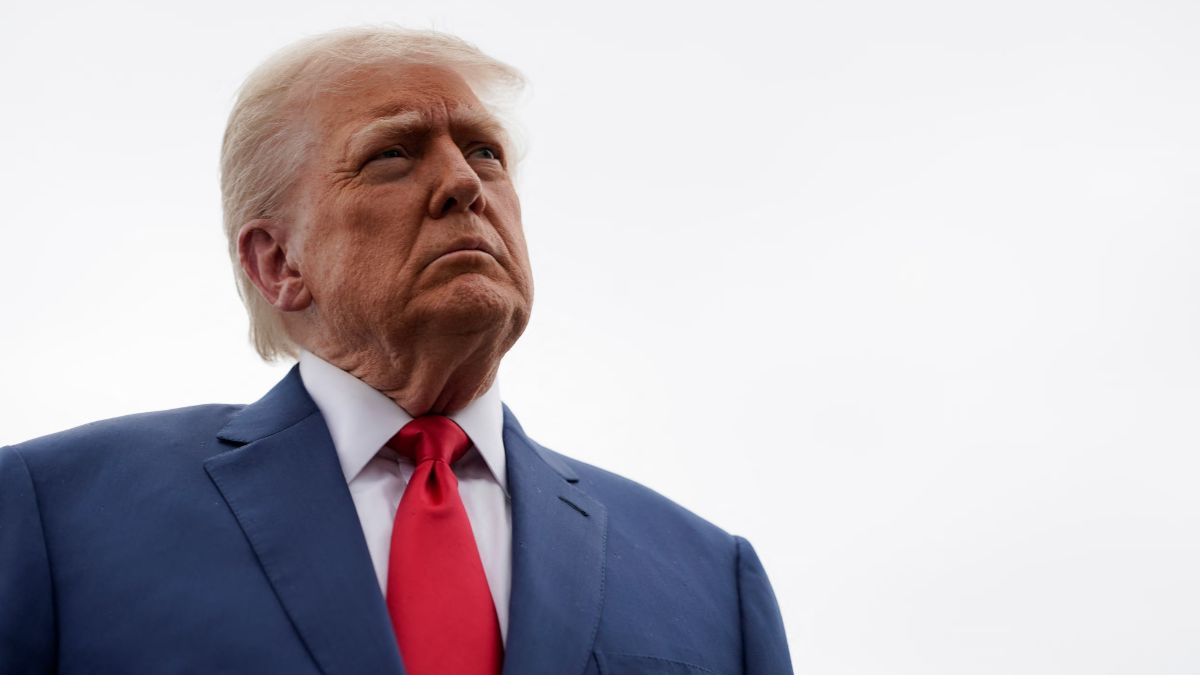)
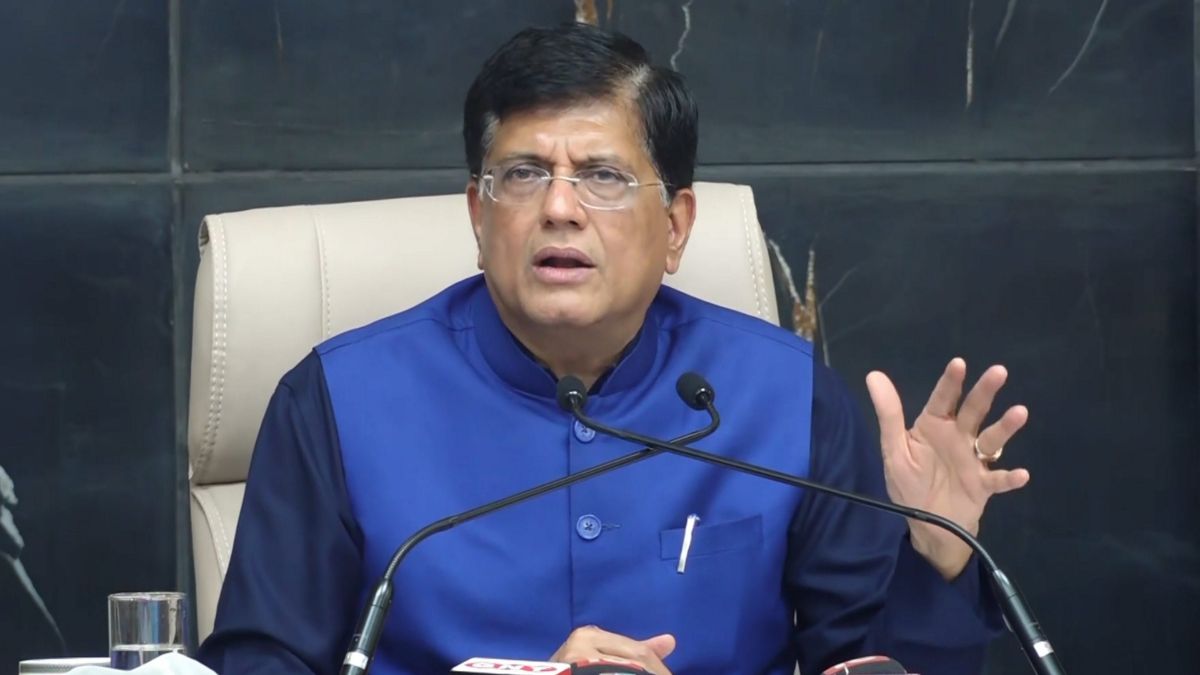)
)
)
)



